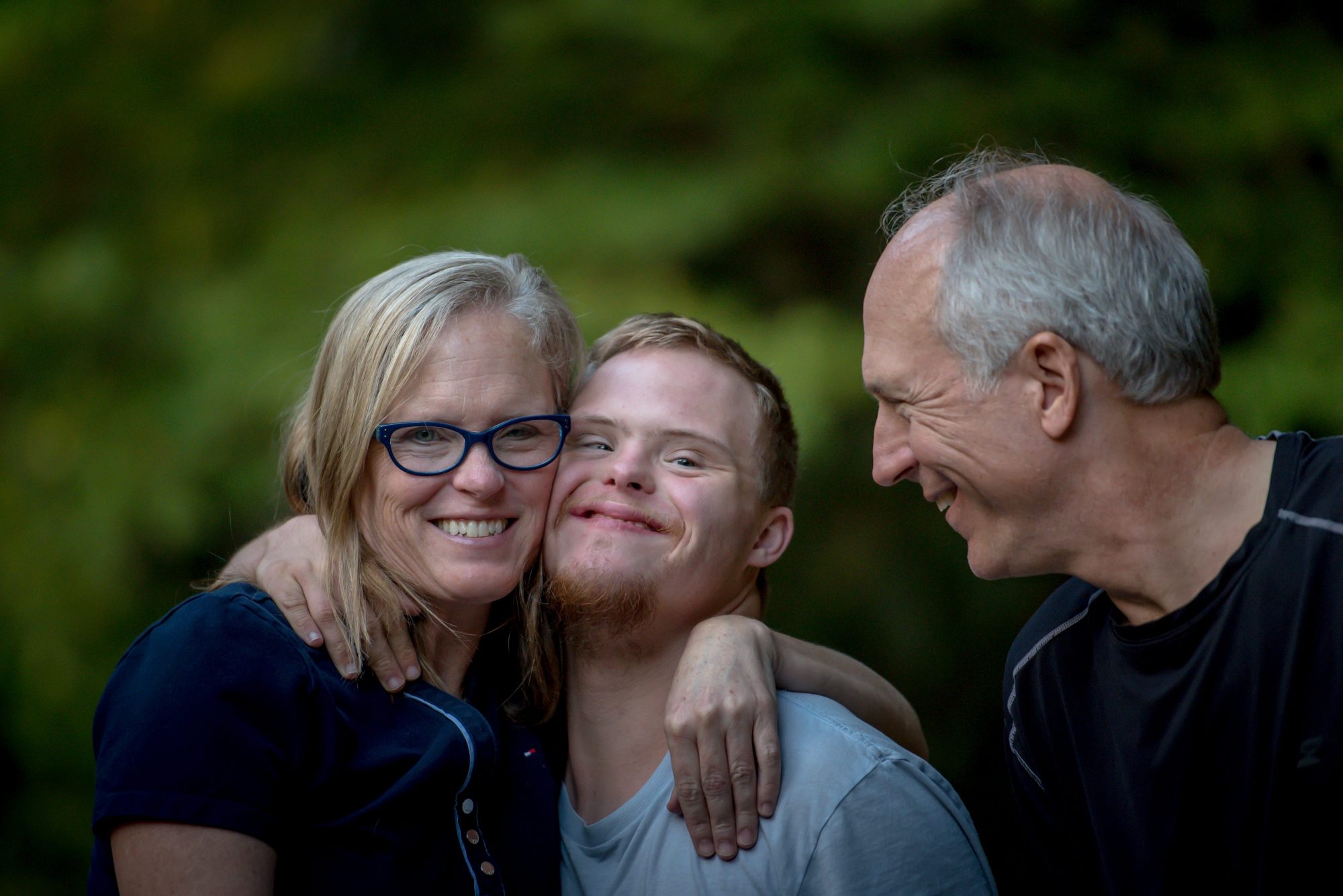The EAST Study: Experiences of adults with intellectual and developmental disabilities (IDD) receiving life skills training
Research Team: Dr Ciara Padden, Dr Peter Baker, Professor Rachel Forrester-Jones and Gillian Eaglestone
Research
This project is funded by the NIHR School for Social Care Research (SSCR).
Note on terms
Please note that different terms may be used to describe ‘life skills training’. For the purpose of this study, we are referring to any training or education programme that focuses on developing skills in the same topic area for all trainees (e.g., on a gardening course, it would be expected that there would be a focus on developing skills relating to gardening for all trainees, even if some trainees require additional support, different modes of instruction, etc.).
Background
Supporting people with disabilities into employment is increasingly prioritised by national policy (e.g., Department for Education, 2011). Various models of employment support exist, including approaches that could be described as life skills training (see ‘definition’ of life skills training). While life skills training may serve as an important stepping-stone towards securing employment, the development of life skills is also important for increasing independence (Duncan & Bishop, 2015) and could potentially serve the purpose of personal development in its own right. However, little is known about the objectives and outcomes of such programmes. Lack of clarity regarding outcomes and objectives of life skills training programmes could lead to potential problems, such as difficulties determining if programmes are cost-effective or overlooking other valuable outcomes such as increased independence and self-esteem.
Aims
Since robust data on the objectives, experiences and outcomes of life skills training programmes for adults with IDD is lacking, the present study aims to:
- Identify the characteristics of people with IDD who are accessing life skills training,
- Explore the expectations of people with IDD, family members, and service providers in relation to life skills training,
- Explore the outcomes and benefits of life skills training,
- Explore the barriers to delivering or receiving life skills training, and
- Learn about the pathways taken through life skills training.
Design
This project will employ primarily qualitative research methods and involves three stages:
- Semi-structured interviews with adults with IDD who are currently attending, or have in the past 6 months attended, a life skills training programme;
- A focus group with family members (parents and siblings) of adults with IDD, and 1:1 semi-structured interview with a subset of family members adults with IDD who are currently attending, or have in the past 5 years attended, a life skills training programme; and
- A semi-structured telephone interview with service providers of life skills training programmes for adults with IDD.
Contact us:
We are currently recruiting for this study. If you are an adult with an IDD or a family member and would like more information about this project, please contact:
Gillian Eaglestone (Research Assistant)
Tizard Centre,
Cornwallis East,
Canterbury, CT2 7NF
Email: G.Eaglestone@kent.ac.uk
Telephone: 01227 816621
